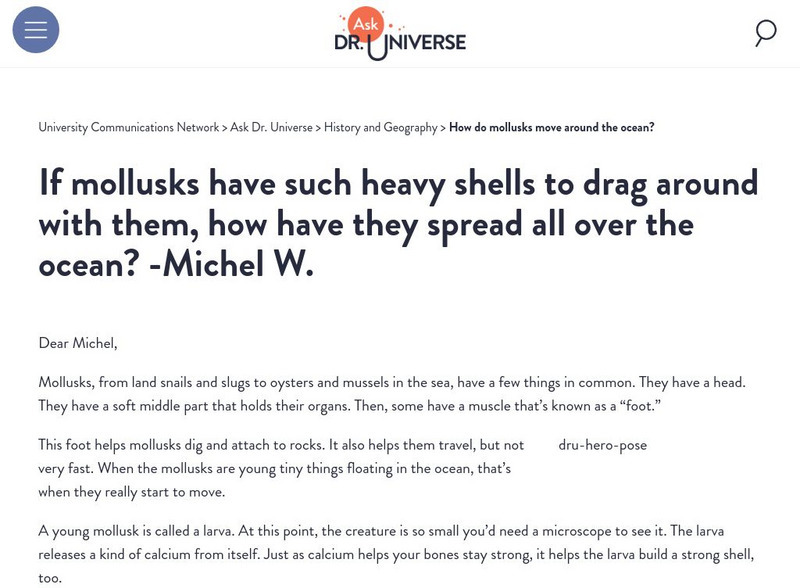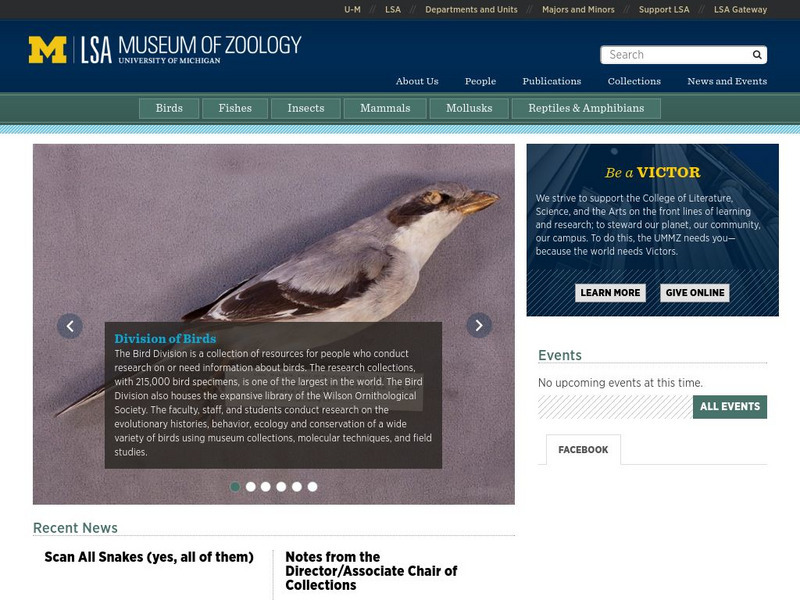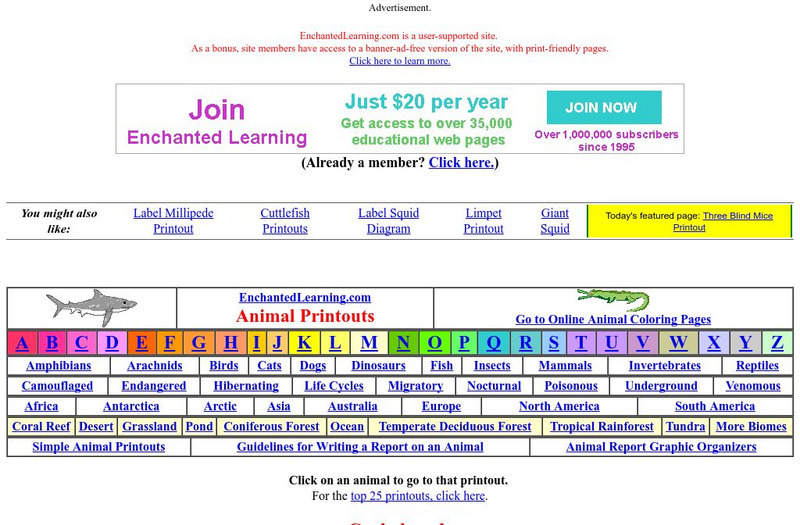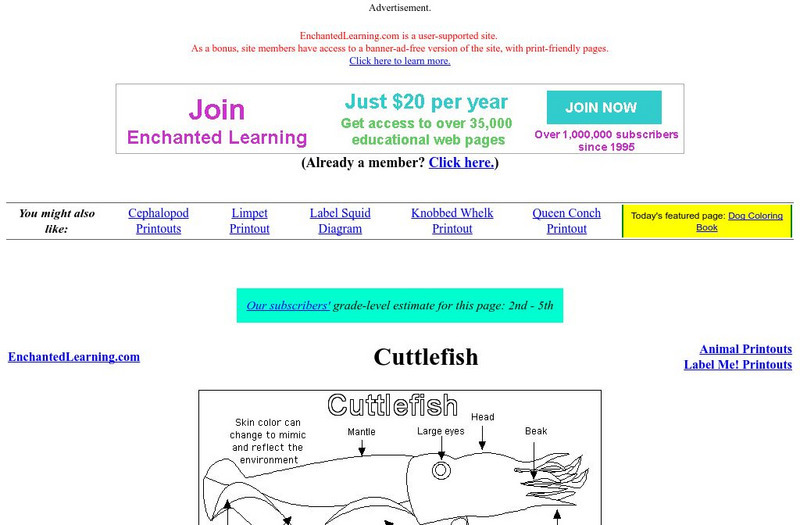University of Massachusetts
University of Mass.: Freshwater Mussel Reproduction
This site, which is provided for by the University of Massachusets, gives a very good example of a typical bivalve reproductive cycle.
Smithsonian Institution
National Museum of Natural History: The Allure of Pearls
Exhibition of some of the first known gems to early humans, this collection of pearls includes several world famous precious stones.
Washington State University
Washington State University: Ask Dr. Universe: How Do Mollusks Move Around the Ocean?
Dr. Universe went to a friend who is a marine biologist to find the answer to this probing question by Michel. Find out all about mollusks.
American Geosciences Institute
American Geosciences Institute: Earth Science Week: Mystery Mollusc
Students become marine biologists, and their goal is to characterize the biological communities that live on or near the seamount in the Monterey Bay area. There, they must identify a mystery mollusk.
Famous Scientists
Famous Scientists: Shintaro Hirase
Ever wondered what a malacologist studies? Find out by reading this short biography about Japanese malacologist, Shintaro Hirase.
Other
Sea and Sky: Mollusks
This illustrated article describes several different types of reef mollusks ranging form snails and clams to the chambered nautilus.
University of Florida
Florida Museum of Natural History: Homepage
This site from the Florida Museum of Natural History gives the current events, information about the museum, exhibits and public programs, research and collections, links, etc. to the Florida Museum of Natural History.
University of Michigan
University of Michigan: Museum of Zoology
See the Museum of Zoology where visitors can explore the museum's resources.
Enchanted Learning
Enchanted Learning: Cephalopods
This site provides links to elementary information about cephalopods. Students and teachers will find links to the blue ring octopus, the giant squid, the cuttlefish, octopus and more.
Enchanted Learning
Enchanted Learning: Cuttlefish
Explore the world of the cuttlefish, a unique cephalopod. Students will gain a greater understanding of this mollusk through fun facts, information on the anatomy, diet, predators and more at this site.
Tennessee History For Kids
Tennessee History for Kids: Tennessee River Freshwater Pearl Farm
When people talk about Tennessee products, they usually talk about crops like soybeans, minerals such as limestone, and man-made things such as cars. During this tour, we'll talk about something produced in the Volunteer State that many...
CK-12 Foundation
Ck 12: Life Science: 9.9 Importance of Mollusks
Understand the behaviors, characteristics, and classification of mollusks.
MadSci Network
What Is the Life Cycle of the Sea Snail?
Good description of the molluscan life cycle as a way of answering the question in the title.
PBS
Pbs: Scientific American Frontiers: Shell Game
A companion to a PBS program, this Jeopardy-style game test students as they identify the characteristics of mollusks.
PBS
Newton's Apple: Black Pearls
A lab activity to illicit discussion/understanding of the way in which mollusks produce an economic product.
Australian Broadcasting Corporation
Australian Broadcasting Corporation: News in Science: Monsters of the Deep
This site from the Australian Broadcasting Corporation explains the uses and effects of an octopus's poison. The information that is presented is somewhat brief, but factual, and worth checking out on the subject.













